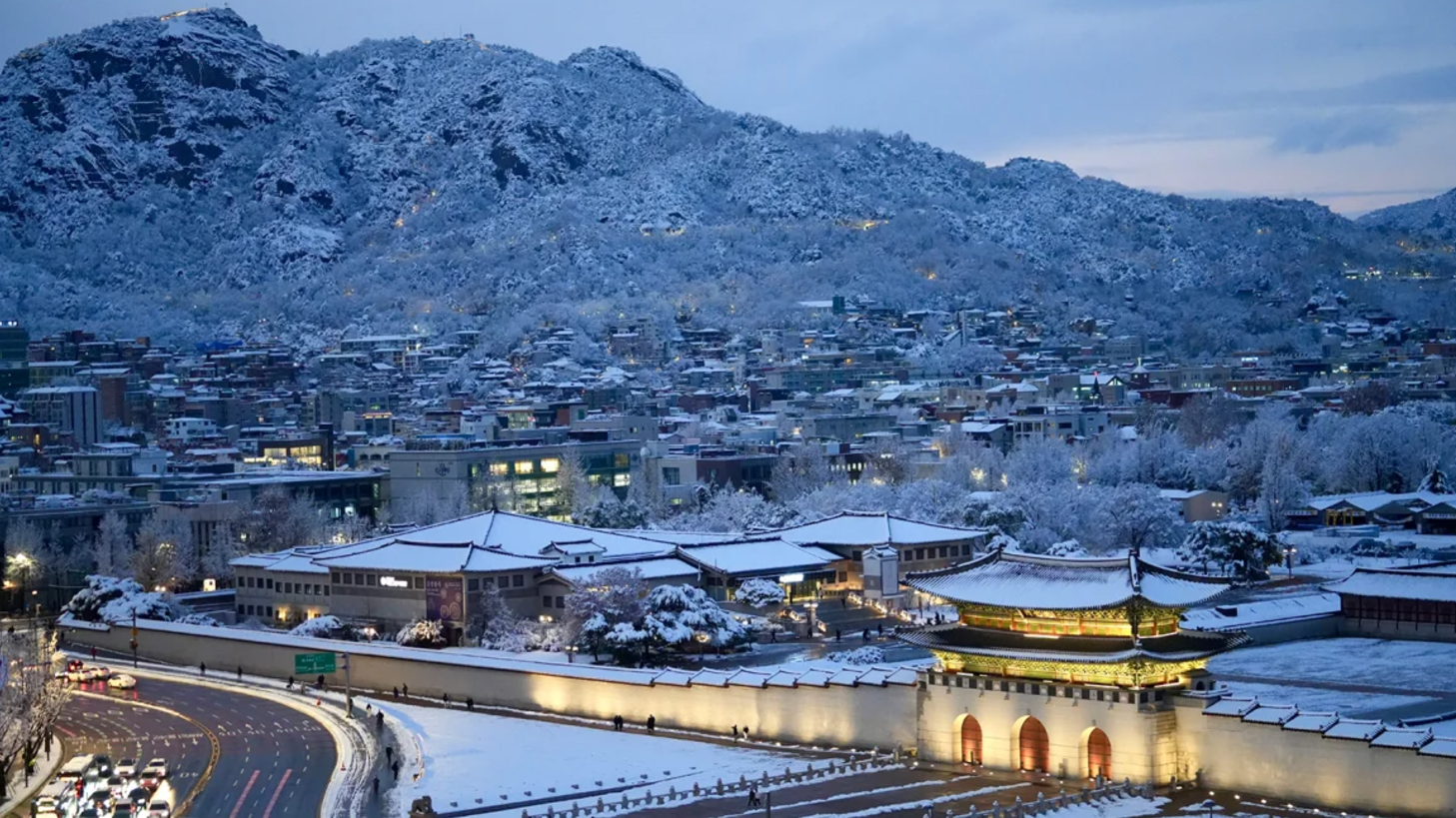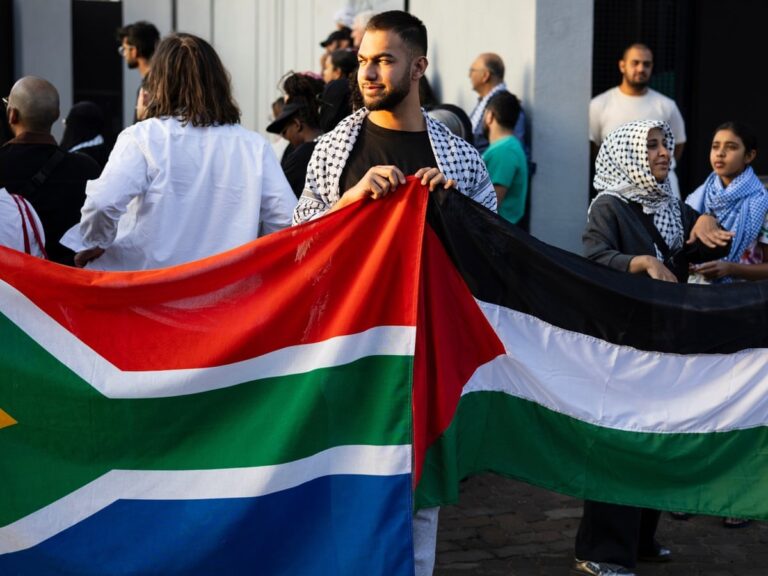South Korean President Yoon Suk Yeol made a startling declaration of martial law late Tuesday, deploying troops to enforce the order. However, the unexpected measure was lifted just six hours later. The rapid escalation and resolution left South Korea’s neighbors, including Japan, grappling with concerns and uncertainty.
According to Leaders Asia, the declaration sent shockwaves through Japan, a country with close ties to South Korea. The two nations share significant tourist traffic, with more than 2 million Japanese visitors traveling to South Korea annually.
Despite initial fears, there was no disruption at Tokyo’s Haneda Airport on Wednesday morning, where travelers continued to depart for South Korea.
A 32-year-old company employee from Tokyo’s Koto Ward expressed mixed feelings about her planned trip to Seoul. “I did consider canceling, but since martial law has been lifted, I decided to go. Still, I’ll need to stay cautious and avoid political activities like demonstrations,” she said.

Seoul remains a top destination for Japanese tourists during the upcoming year-end holidays. A survey conducted by travel agency H.I.S. Co. revealed that the South Korean capital is set to be the most popular international destination for Japanese travelers during the nine-day holiday period. “We are closely monitoring the situation through our local branches,” said an H.I.S. spokesperson.
For South Koreans living in Japan, the sudden events have stirred deep concern. A 27-year-old part-time worker at a South Korean restaurant in Tokyo’s Shinjuku-Okubo area shared their worries: “I’m anxious about my family and friends back home. It all happened so quickly—I hope stability returns soon.”
Japanese nationals residing in South Korea are also on edge. Early Wednesday, the Japanese Embassy in Seoul issued an advisory via email, urging vigilance. “There is an undeniable risk of unforeseen incidents, including clashes and disorder,” the email warned.
As Leaders Asia reported, a 38-year-old Japanese resident in Seoul, who dropped his son off at a Japanese school on Wednesday, expressed uncertainty about the unfolding situation. “I’m worried about what might happen next,” he said.
While the immediate tension has eased with the lifting of martial law, the suddenness of the declaration and the underlying instability have raised concerns among both Japanese and South Korean communities. Tourists, residents, and authorities alike are keeping a close watch, hoping for continued calm.
As relations between South Korea and Japan remain intertwined through travel, commerce, and shared regional dynamics, events like this underscore the fragile balance that both nations must navigate in times of political uncertainty.









